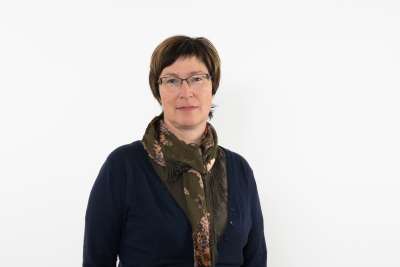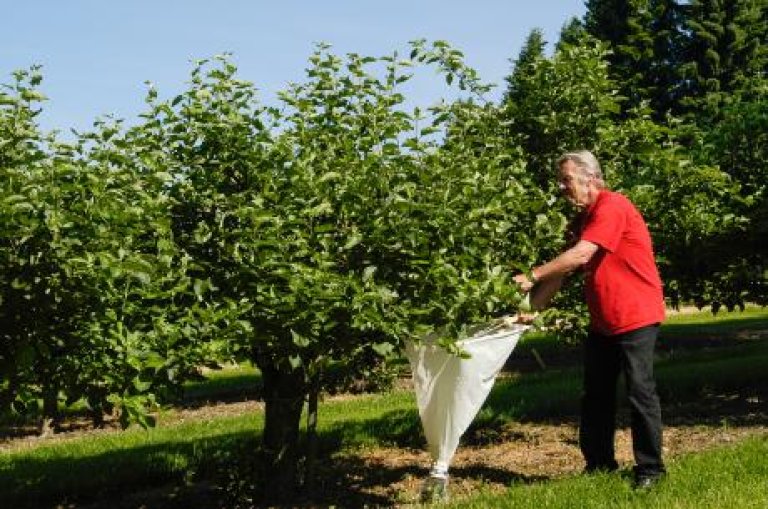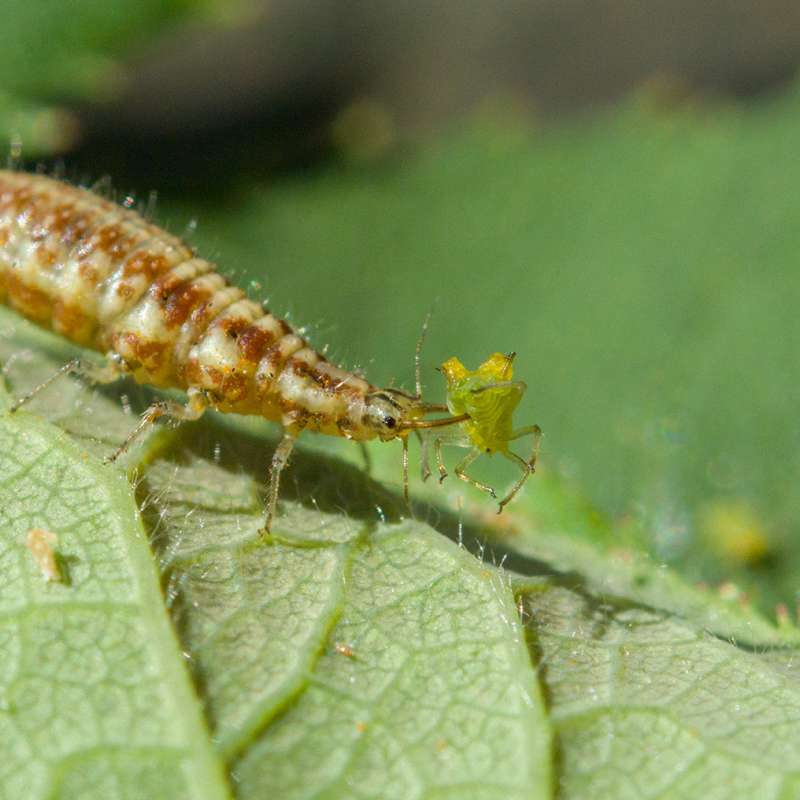
Integrated Pest Management (IPM)
Integrated Pest Management (IPM) is the process of using all available tools and methods to keep pest populations below a level that would cause economic loss. On June 1, 2015, Norway introduced a new regulation on pesticides that requires all professional pesticide users to understand and apply the principles of IPM.
The first paragraph of the regulation defines IPM as follows:
"...careful consideration of all available plant protection methods and subsequent integration of appropriate measures that discourage the development of populations of harmful organisms and keep the use of plant protection products and other forms of intervention to levels that are economically and ecologically justified and reduce or minimize risks to human health and the environment."
IPM is an overall strategy that combines known methods and techniques for controlling pests that harm plants. Chemicals certainly play an important role in this strategy but they must not be the first port of call: Chemical pesticides may be used if other preventive and direct measures do not have the desired effect and if systematic monitoring of pests and natural control mechanisms makes it clear that chemicals are necessary.
IPM differs from former pest management strategies, which often aimed to eradicate pests and made use of standardized pesticide treatment by season. IPM encompasses several approaches rather than individual solutions, and is a strategy that encourages an awareness of the environment and human health — those who commit to IPM must "think" IPM and not just "do" IPM. IPM therefore requires comprehensive expertise and long-term planning.
The regulation on pesticides, which is based on the EU Directive on sustainable use of pesticides, lists eight principles of IPM.
Plant protection methods are typically categorized as below.
- Preventive measures
- Physical control methods
- Use of semiochemicals
- Biological control (the use of live organisms)
- Chemical control (pesticides, fungicides and herbicides)
These methods can also be divided into preventive measures, such as crop rotation, and direct action, such as mechanical weed control.
NIBIO has lead the development of crop specific IPM guides for the Norwegian agricultural industry. NIBIO also runs three Norwegian services that offer information important in IPM application: Pest management encyclopedia, Pest management guide and VIPS.
Services
VIPS
VIPS is an online forecast and information service for decision support in integrated management of pests, diseases and weeds.
More information To service

